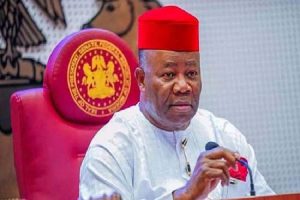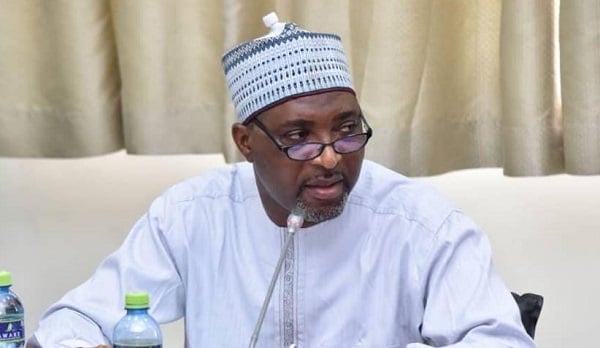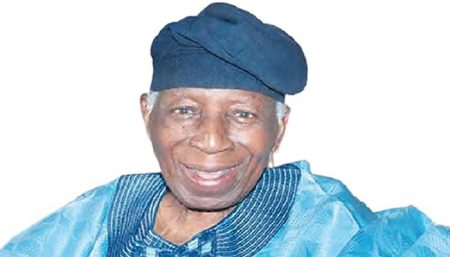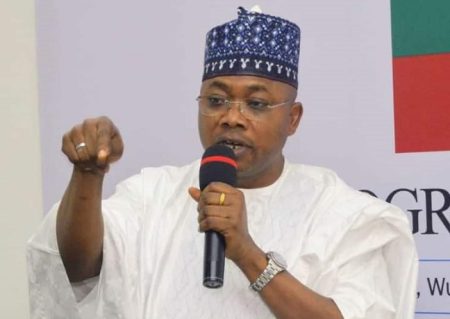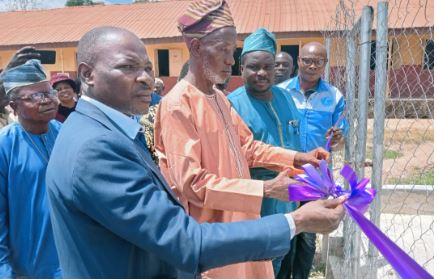The Ministry of the Interior of an unnamed country has declared Friday, July 4, 2025, a public holiday nationwide, extending the Republic Day celebrations and providing citizens with an extended weekend break. While Republic Day itself falls on Tuesday, July 1st, President John Dramani Mahama has exercised his authority through an Executive Instrument (E.I.) to shift the official observance to Friday. This decision, rooted in Section 2 of the Public Holidays and Commemorative Days Act, 2021 (Act 601), grants the President the power to designate specific days as public holidays, offering flexibility in aligning national celebrations with the workweek and maximizing the benefits for the populace. The announcement, disseminated by Interior Minister Muntaka Mohammed-Mubarak, urges all citizens to recognize and observe Friday, July 4th, as a statutory public holiday, equivalent in legal standing to other established holidays.
The declaration of Friday as a holiday effectively bridges the gap between the Tuesday Republic Day observance and the subsequent weekend, creating a five-day respite for citizens. This extended break offers a variety of advantages, both for individuals and the nation as a whole. For individuals, the long weekend presents an opportunity for rest and rejuvenation, allowing them to detach from work responsibilities and engage in leisure activities, spend time with family and friends, or pursue personal interests. This period of relaxation can contribute to improved mental and physical well-being, reducing stress and boosting morale. The extended break also facilitates travel and tourism, enabling citizens to explore different parts of the country, visit loved ones in distant locations, or simply enjoy a change of scenery.
From an economic perspective, the long weekend can stimulate domestic tourism and related industries. The increased movement of people within the country translates into higher demand for transportation services, accommodation, food, and entertainment, benefiting businesses in these sectors and generating economic activity. Local communities, particularly those reliant on tourism, stand to gain from the influx of visitors, with increased spending contributing to their economic development. The holiday period also provides an opportunity for cultural exchange and the strengthening of national unity as people from different regions interact and celebrate their shared heritage.
The significance of Republic Day itself adds further weight to the extended holiday period. Republic Day commemorates the country’s transition to a republican form of government, marking a pivotal moment in its history. It is a day for reflecting on the nation’s journey, the values it upholds, and the aspirations of its people. The extended holiday allows for a more comprehensive celebration of this important milestone, providing ample time for public events, parades, speeches, and other commemorative activities. It also offers citizens a greater opportunity to engage with the historical significance of the day and reaffirm their commitment to the ideals of the republic.
The government’s decision to declare Friday a holiday exemplifies its responsiveness to the needs and aspirations of its citizens. By strategically aligning the holiday with the weekend, the government maximizes the benefits for the population, fostering a sense of well-being, promoting national unity, and stimulating economic activity. This approach reflects a broader understanding of the importance of balancing work and leisure, recognizing that a well-rested and engaged citizenry is essential for national progress. The extended holiday serves as a testament to the government’s commitment to the well-being of its people and its recognition of the vital role that national holidays play in strengthening social cohesion and fostering a sense of shared identity.
Furthermore, the decision to declare Friday a holiday demonstrates the government’s effective utilization of the Public Holidays and Commemorative Days Act. This legislation provides the framework for designating public holidays, ensuring that such decisions are made in a transparent and consistent manner. The Act empowers the President to adjust the observance of national holidays to align with the workweek, enabling the government to maximize the benefits for citizens while minimizing disruption to business and economic activity. This flexibility allows for a more strategic approach to holiday planning, ensuring that these occasions are used effectively to promote national unity, celebrate cultural heritage, and contribute to the overall well-being of the population. The declaration of July 4th as a holiday exemplifies the practical application of this legislation and its positive impact on the lives of citizens.




